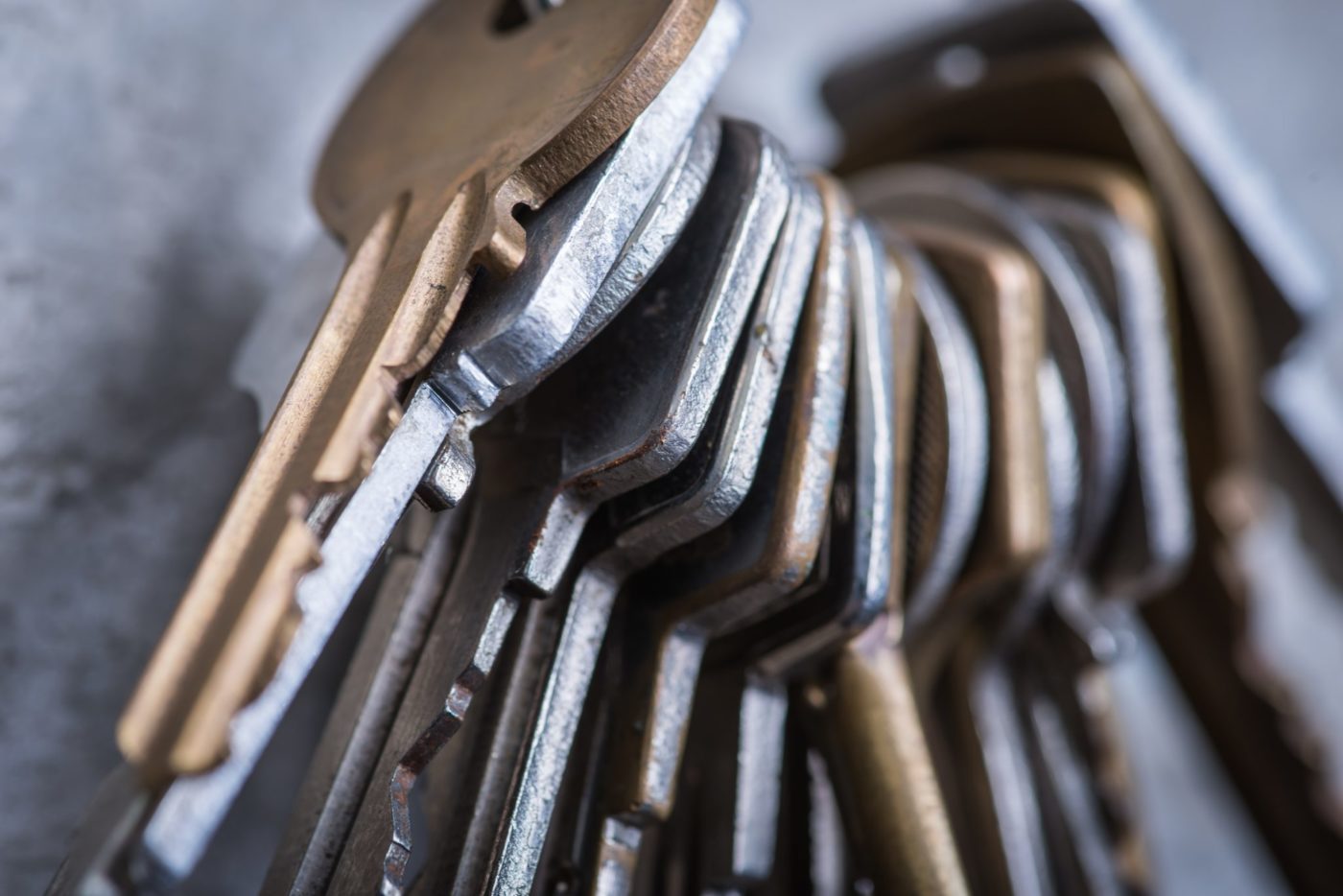What’s the best way to pick a reputable locksmith?
Here are a few Tips for Picking a Locksmith. Consider researching locksmiths before you need one, the same way you would a plumber, electrician, or other professional. That works well if you’re looking to have some security work done at your home, like installing deadbolts on the exterior doors of your house, or a safe in your bedroom.
But if you’re dealing with an emergency, like being locked out of your car, you really don’t have much time for thorough research.
Regardless of whether you are locked out of your car or home, you need new locks installed, or you require other security work, the FTC offers these tips to help you hire a legitimate, local locksmith.
In emergency situations:
If you’re locked out of your car and have a roadside assistance service, call them first. These services sometimes are included with the purchase of a car, or as an add-on through your insurance company. You also can buy this service separately. Roadside assistance plans often have a list of pre-approved companies to perform services like unlocking cars, jump-starting batteries, changing flat tires, delivering gasoline, and towing.
Call family or friends for recommendations
If you find a locksmith in the phone book, on the Internet, or through directory assistance, and a business address is given, confirm that the address belongs to that locksmith. Some disreputable companies list street addresses to give the impression that they’re local. But the addresses may belong to other businesses or vacant lots, if they exist at all. You can verify addresses through websites that allow you to match phone numbers with street addresses. Some legitimate locksmith companies may not include a street address in their listing either because they operate a “mobile” business or they operate their business out of their home and may be reluctant to list that address. If you call a locksmith who doesn’t list an address, ask why. If the answer is that it’s a “mobile” business, you will understand they have no storefront.
Write down the names of several businesses, their phone numbers, and addresses for future reference, in case you don’t want to go with the first locksmith you call.
If a company answers the phone with a generic phrase like “locksmith services,” rather than a company-specific name, be wary. Ask for the legal name of the business. If the person refuses, call another locksmith.
Get an estimate for all work and replacement parts from the locksmith before work begins. In cases of “lock-outs” (being locked out of your car or home), most legitimate locksmiths will give you an estimate on the phone for the total cost of the work.
Ask about additional fees before you agree to have the locksmith perform the work. Companies may charge extra for responding to a call in the middle of the night. Ask if there is a charge for mileage, or a minimum fee for a service call.
If the price the locksmith provides when he arrives doesn’t jibe with the estimate you got on the telephone, do not allow the work to be done.
Never sign a blank form authorizing work
Find out if the locksmith is insured. If your property is damaged during a repair, or if faulty work leads to loss or damage, it’s important for the locksmith to have insurance to cover your losses.
When the locksmith arrives, ask for identification, including a business card and, where applicable, a locksmith license. Nine states require locksmiths to be licensed: Alabama, California, Illinois, Louisiana, New Jersey, North Carolina, Oklahoma, Tennessee and Texas. In addition to a business card, check to see if the invoice includes the company’s name, and whether the locksmith’s vehicle has a name that matches the business card, invoice, and/or bill.
Expect the locksmith to ask you for identification, as well. A legitimate locksmith should confirm your identity and make sure you’re the property owner before doing any work.
Some locksmiths will work out of a car for quick or emergency jobs, but most will arrive in a service vehicle that is clearly marked with their company’s name.
In the case of a lock-out, be cautious if you’re told up front that the lock has to be drilled and replaced. An experienced legitimate locksmith has invested in the tools and education to provide quality service, and can unlock almost any door.
After the work is completed, get an itemized invoice that covers parts, labor, mileage, and the price of the service call.

